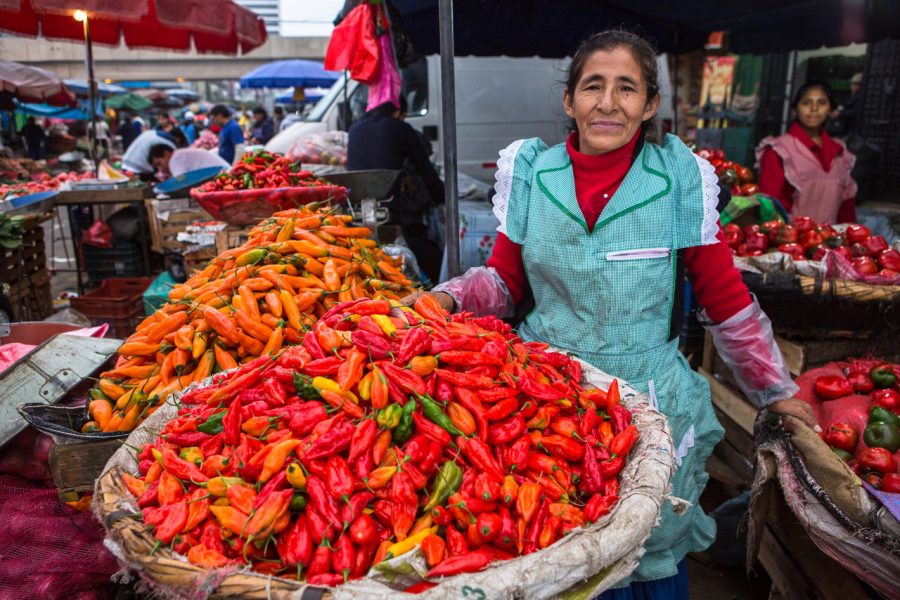Recent figures from the International Labour Organization (ILO) reveal that 61% of the world’s workers – or 2 billion people – are informally employed (Women and Men in the Informal Economy: A Statistical Picture, 3rd Edition 2018). In developing countries, that percentage is much greater – in India, for example, 88.2 percent of workers in are informal, while the same number in Cambodia is 93.1 percent.

Informal workers – including home-based workers, street vendors and waste pickers – contribute to local and national economies but lack the rights and protections that formal workers enjoy. This can include labour contracts, access to social protection, and legal protection from exploitation. The Global Deal partner WIEGO is a global-research-action-policy network that works to improve the status and livelihoods of the working poor in the informal economy, with a special focus on women.
While collective bargaining is typically understood to occur between employers and employees, this is not usually the case in the informal economy. Informal workers generally do not fit the accepted concept of “employees” – they are self-employed workers, day labourers or dependant contractors. Thus, negotiations often take place between the workers (through their membership-based organisations) and state actors, who control aspects of the working conditions. Those conditions may include, for example, access to public space, infrastructure and service requirements, social protections, or permits and levies imposed on informal workers.
Gaining “a seat at the table” in forums where they may engage in collective bargaining is a challenge for informal workers and their organisations.
How unions can help
In some countries, unions have helped informal workers negotiate formal contracts and engage in collective bargaining. However, organizing informal workers is difficult for a variety of reasons: they do not share a common workplace, they may be isolated, they are often not considered workers, and their work is sometimes criminalized. Further, even when they are organized, their associations often do not qualify to be registered as official trade unions.
Established unions can help by building relationships with informal worker organisations and seeking to change structures that prevent informal workers from belonging to unions.
How governments can help
Municipalities and other government agencies are particularly important partners. By recognising informal worker organisations as legitimate representatives with whom they should engage in collective bargaining, governments can open productive spaces for negotiation, resulting in mutually beneficial agreements. This can prove more efficient and effective than an ad hoc approach to dealing with thousands of independent, informal street vendors, waste pickers and other workers.
Framing is particularly important. Governments will become more interested in recognising and negotiating with informal workers if they see how this can benefit existing political goals such as gender equality, economic inclusion and environmentalism.
How external organisations can help
NGOs like WIEGO can play a crucial role in assisting unions, informal workers’ organizations and small business associations that organize informal workers. The NGOs can facilitate the process by providing capacity building and knowledge sharing.
|
Involved Global Deal Partners |
Useful links |